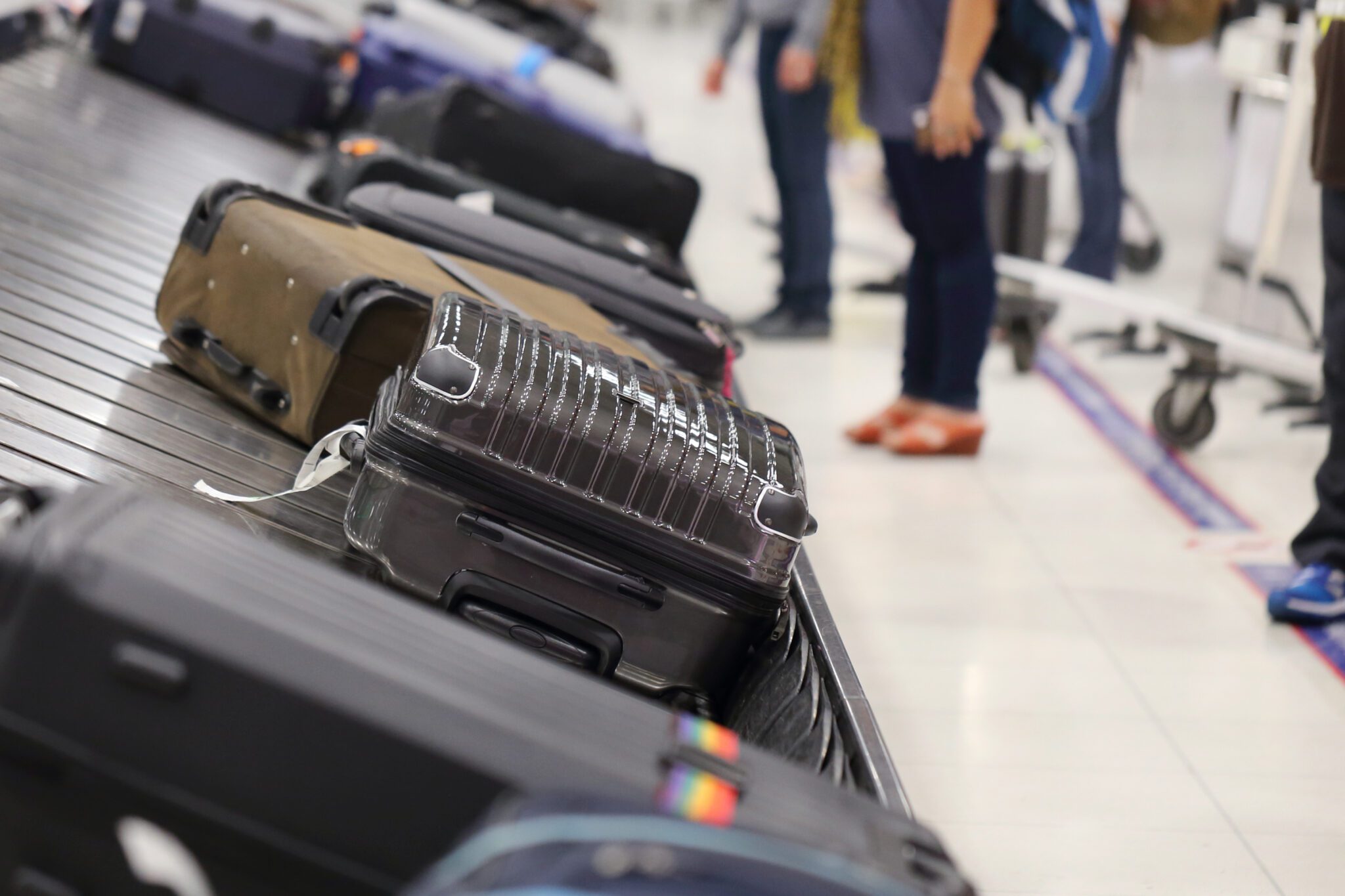Lufthansa Will Adopt Dynamic Award Pricing for Its Loyalty Program
Skift Take
Lufthansa is planning to adopt dynamic award pricing within Miles & More, its loyalty program. In a press briefing late last Wednesday, the German flag carrier confirmed that it would be moving away from a tiered system for calculating the cost of tickets purchased with frequent flyer miles and toward a new standard that prices tickets according to the retail price of the fare.
Lufthansa is the first and largest major European carrier to formally adopt dynamic pricing in its loyalty program (though British Airways has hinted at its own plans). The move comes only weeks after United announced its own intent and several years after Delta, the first major carrier to experiment with the pricing, went live.
Dynamic pricing is a relatively new approach to selling award seats in the airline industry. In the past, most legacy carriers structured award seat prices in zoned tiers — for example, a round-trip ticket in the United States would typically cost 25,000 miles or a trip from the U.S. to Europe would cost 50,000. Dynamic pricing, however, allows the carrier to push that value up or down depending on the current shelf price of a retail ticket. That ticket to Europe could thus cost 100,000 miles if inventory were tight (i.e., summer travel) or 40,000 in the off-season.
To a degree, traditional airline loyalty programs already do this within subcategories in each tier — American, for example, has Saver and AAnytime awards, which cost different prices for the same cabin. In the case of dynamic pricing, however, flexibility in award seat pricing can go up by an order of magnitude and can carefully track the retail price of an airfare, giving the airline a great deal of power when selling seats.
As a function of the wide pricing boundaries in dynamic award programs, airlines that adopt the models also don't publish award charts, or the typical cost of airfare between two geographic zones. Many paint that as consumer unfriendly, but there are upsides for loyalty program members. Principally, when retail airfare is cheap, award seats are typically less expensive than those in a tired system. Dynamic pricing also gives airlines the ability to launch better, targeted fare sales for award seats; not a week goes by without Delta launching a sale on at least some of its awards.
Still there are many unknowns surrounding the future of Miles & More (including a launch date), and by blazing the path in the European Union, Lufthansa has a long journey ahead of it. Frequent flyers concerned about Lufthansa's future with dynamic pricing have a long wait in purgatory before the program takes shape.
Grant Martin [gm@skift.com] curates the Skift Business of Loyalty newsletter. He is director of product marketing at TripActions. Skift emails the newsletter every Monday.




